High blood pressure, or hypertension, is a common yet serious condition that commonly ignored. Recognizing the symptoms, understanding treatments, and learning from real-life success stories can make a significant difference in managing your health.
Understanding High Blood Pressure Levels
- Normal: Systolic less than 120 mmHg.
- Elevated: Systolic between 120-129 mmHg.
- Hypertension Stage 1: Systolic between 130-139 mmHg.
- Hypertension Stage 2: Systolic 140 mmHg or higher.
- Hypertensive Crisis: Systolic over 180 mmHg.
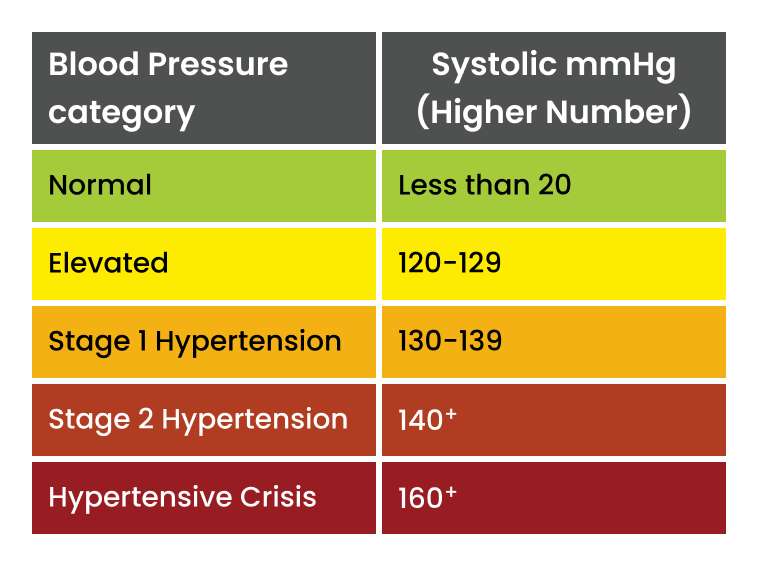
Symptoms of High Blood Pressure
High blood pressure is often called the “silent killer” because it doesn’t always show obvious symptoms. However, some people may experience:
- Headaches: Frequent or severe headaches can be a sign of high blood pressure.
- Dizziness: Feeling lightheaded or dizzy can occur.
- Blurred Vision: Vision problems may indicate a serious spike in blood pressure.
- Shortness of Breath: Difficulty breathing can be a symptom of hypertension.
- Nosebleeds: Frequent nosebleeds might be related to high blood pressure.
- Chest Pain: Chest discomfort should be taken seriously as it may be linked to hypertension.
It’s important to regularly monitor blood pressure, as untreated hypertension can lead to serious health problems like heart disease and stroke.
Causes of High Blood Pressure
- Genetics: A family history of hypertension can increase your risk.
- Unhealthy Diet: Diets high in salt, fat, and cholesterol can lead to hypertension.
- Lack of physical activity: A sedentary lifestyle contributes to weight gain and high blood pressure.
- Excessive alcohol consumption: Drinking too much alcohol can damage the heart over time.
- Smoking: Smoking or chewing tobacco immediately raises blood pressure temporarily.
Treatments for Managing High Blood Pressure
Medications:
- Diuretics: Help reduce water and sodium levels in the body.
- Beta-blockers: Reduce the heart rate and the heart’s workload.
- ACE inhibitors: Help relax blood vessels by blocking the formation of a hormone that narrows blood vessels.
- Calcium channel blockers: Prevent calcium from entering the heart and blood vessel muscle cells, reducing blood pressure.
High blood pressure is a manageable condition with the right approach. By understanding the symptoms, causes, and treatments, individuals can take proactive steps to control their blood pressure and maintain their health.
Want to know more about Low Blood Pressure?
For more tips on managing blood pressure and leading a heart-healthy life, follow our DrPro Health Blog and join our community dedicated to wellness.
Note: This article is prepared based on information gathered from medical reports.
Disclaimer: The article is prepared to inform and educate the readers. While DrPro provides valuable insights, please consult your doctor for personalized medical advice regarding the mentioned disease. Your health is our priority.

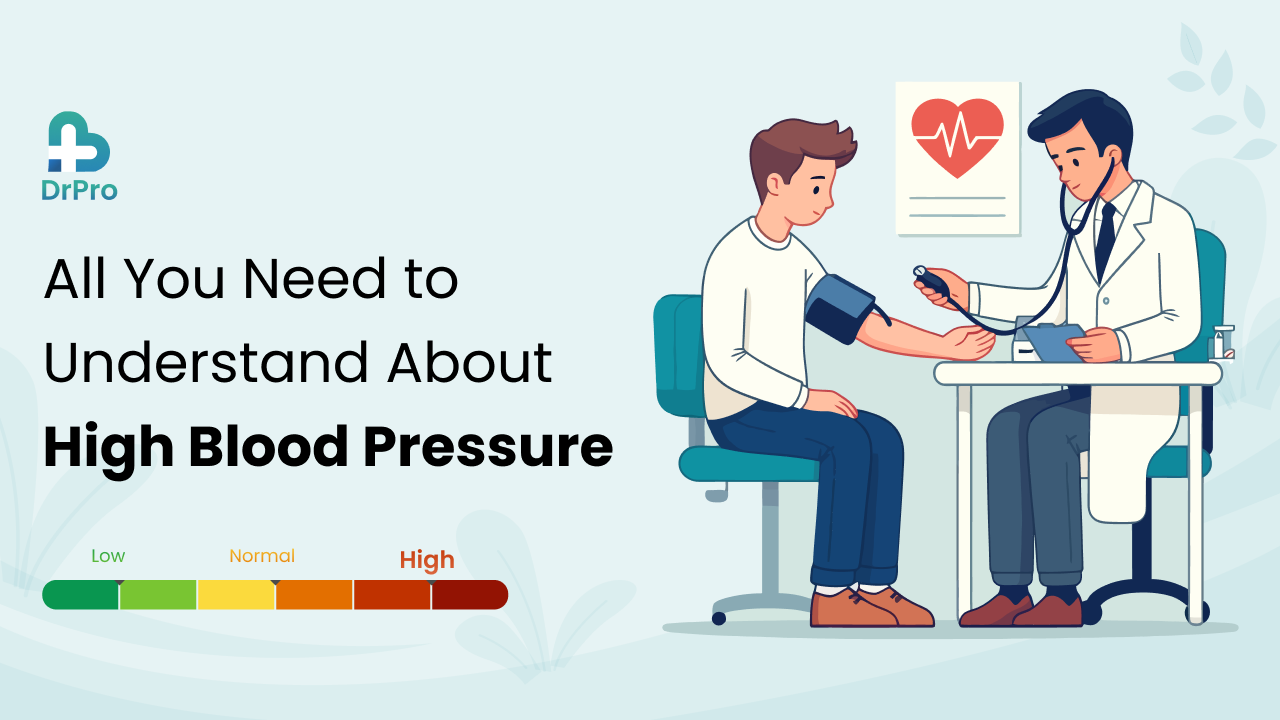
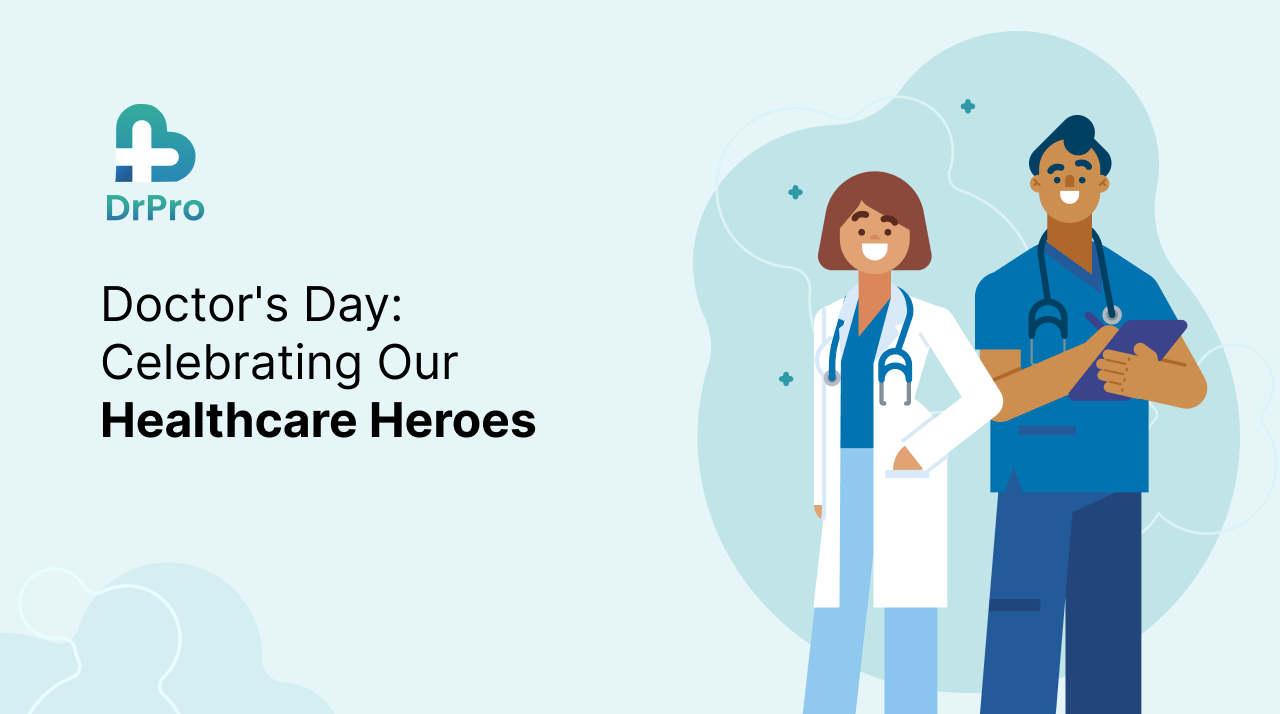
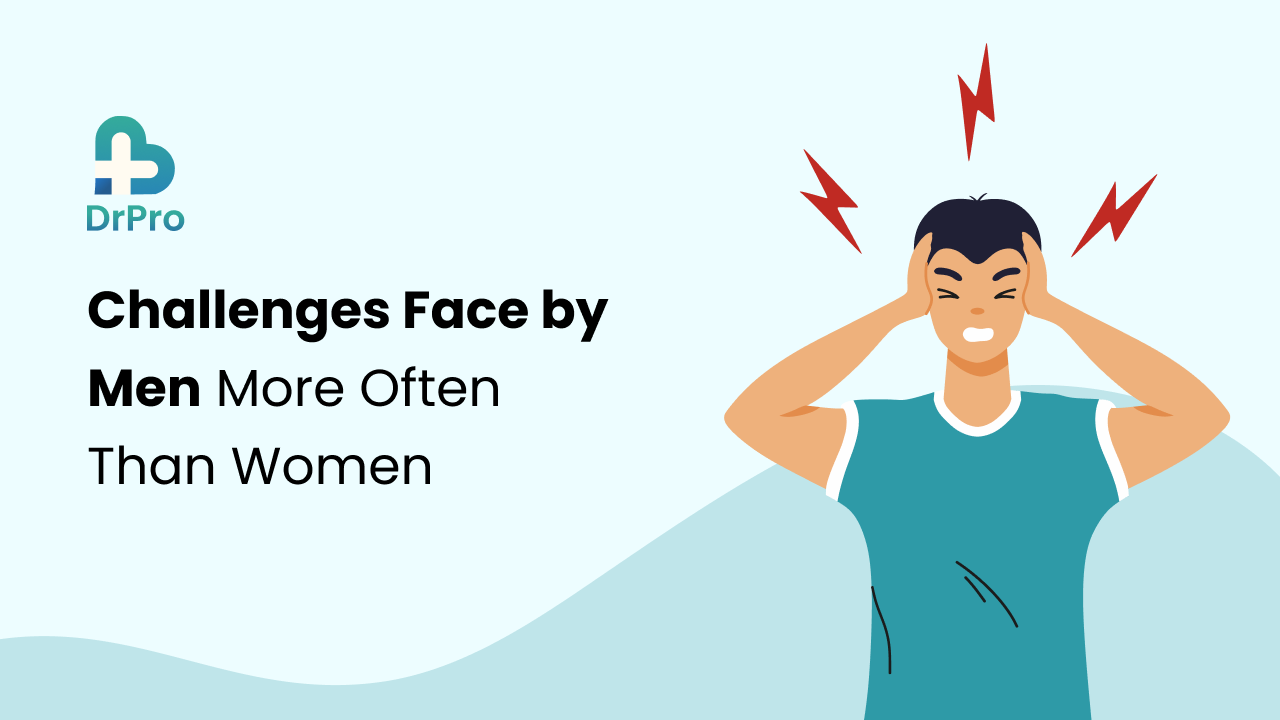
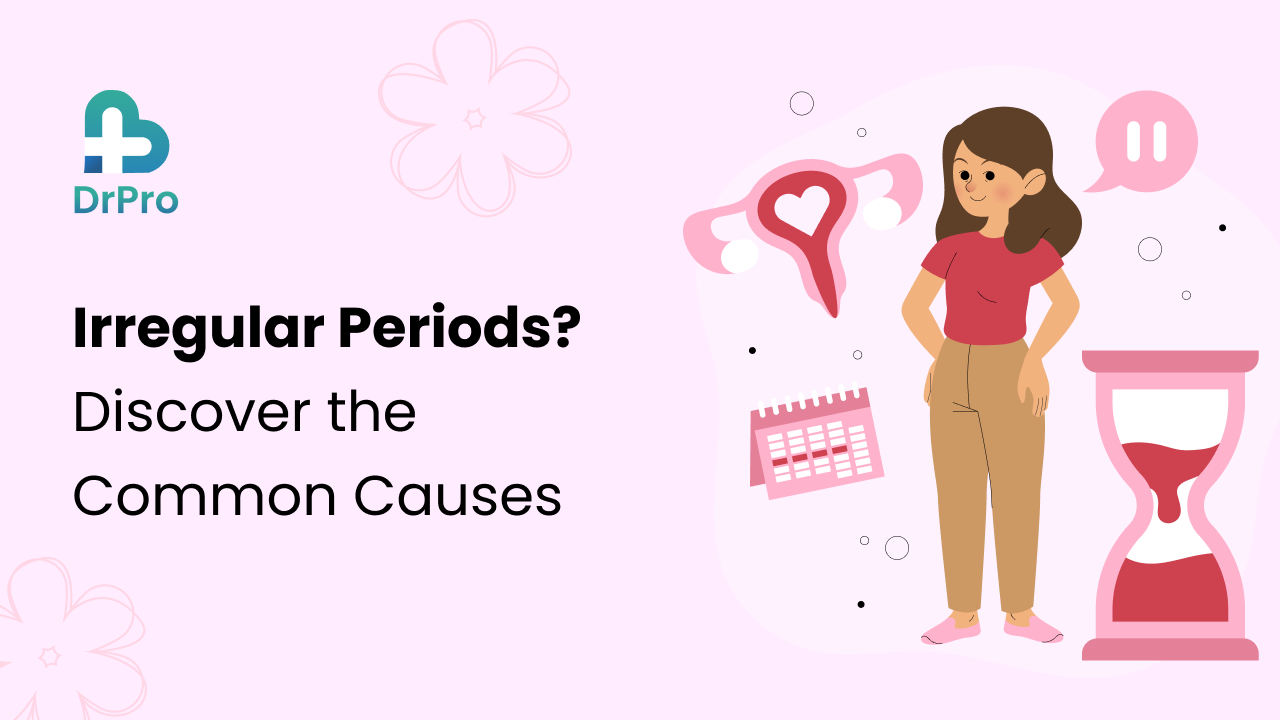
Leave a Reply